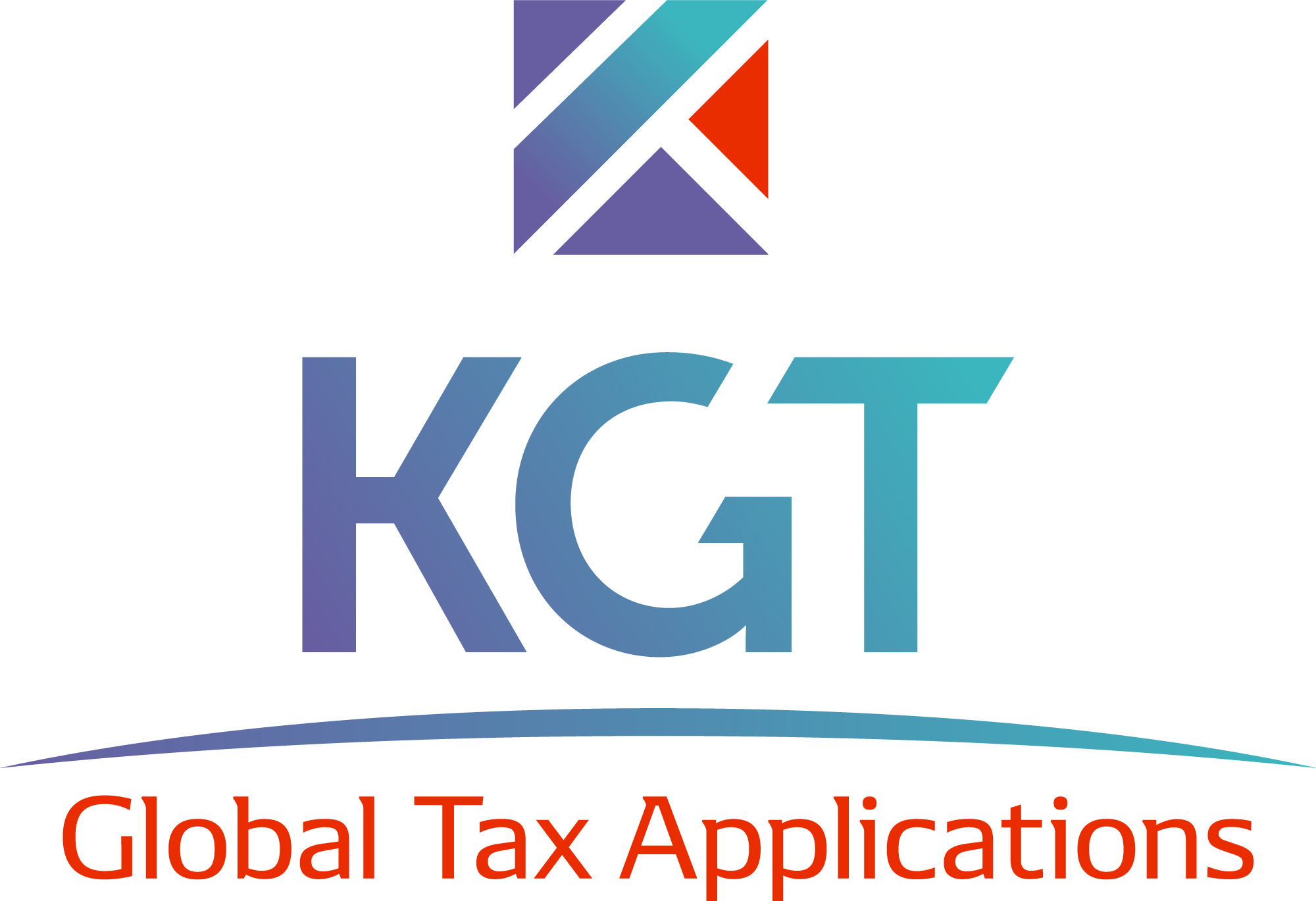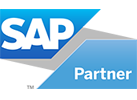Malaysia e-invoicing - 2024

From August 1st, 2024, submitting an electronic invoice to the IRBM Malaysia’s Inland Revenue Board is mandatory. To comply with this requirement, the IRBM has established a platform where all taxpayers can submit electronic invoices for validation and registration.
E-invoicing applies to all commercial activities in Malaysia, including the sale of goods and services and specified non-business transactions between individuals. Self-invoicing is required for foreign invoices received.
All e-invoices must include a QR code to facilitate the buyer’s verification process under the impending regulations.
E-invoices can be submitted either by using the portal Myinvois developed by IRBM or by direct integration using APIs.
Implementation of mandatory e-invoicing will be in phases:
- August 2024: taxpayers with an annual turnover of MYR (Malaysian ringgit) 100 million (approx $21m) and above;
- January 1st, 2025: taxpayers with annual turnover between MYR 25 million (approx $5m) and MYR 100 million;
- July 1st, 2025: all other taxpayers have to start with mandatory e-invoice.
Mandatory process flow covers:
- When the invoice is finalized, it has to be submitted to IRBM either via the Myinvois portal or APIs
- Once IRBM receives the e-invoice, it is validated in almost real-time that it fulfills all the requirements set by the Tax authorities
- Once validated, the supplier will receive a notification from IRBM including the Unique Identifier Number. At the same time, both the buyer and supplier are notified about the validation.
- Subsequently supplier is obliged to share an e-invoice that already includes the QR code with the buyer
- Within a 72-hour window, both supplier and buyer can reject or cancel the e-invoice
- At the end, both supplier and buyer will be able to view all submitted/received e-invoices on the Myinvois portal
- How KGT can provide support?
- KGT has developed for Malaysia an SAP add-on, and KGT can demo the features, including risk management tools or
- KGT's support is particularly beneficial when a web-based provider is selected. These providers often lack standard E2E solutions, leading to the need for costly consultancy work. However, KGT has developed extraction logic that ensures complete tax data is provided to the vendor's cloud portal environment. This not only saves costs but also enhances data security. Additionally, KGT offers optional functionalities within SAP itself, allowing for data analysis checks before submission, further reducing the risk of non-compliance or
- KGT gets operational for its client's SAP Document Reporting and Compliance (DRC) or
- KGT developed a 'tax engine and cockpit' in the cloud that can be connected to your ERP system, regardless of whether you run SAP.

